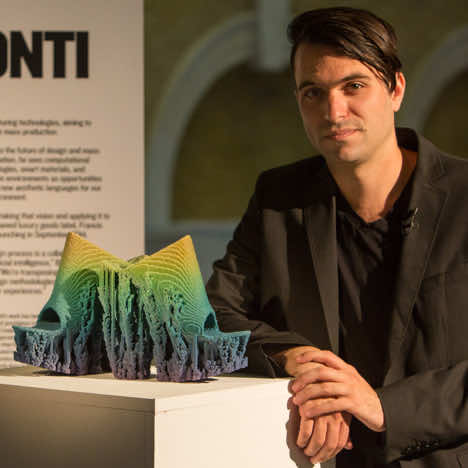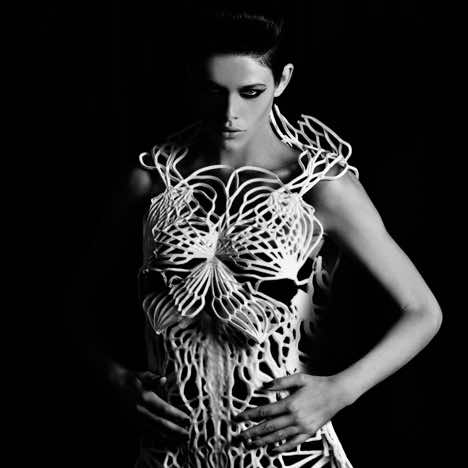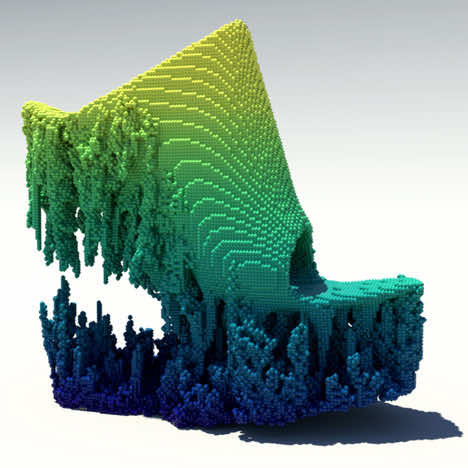Technology has made its way into almost all of the industries, however, some industries have been rather slow to adapt to this technological onslaught. Francis Bitonti, a digital fashion pioneer has raised the question of how will the industry that is focused on craft and exclusivity will cope with this? Fashion industry has been rather slow in adaptation but the adaptation is inevitable and is bound to happen.
Francis Bitonti is a designer based in New York and is an architect-turned-designer. He says, “We want to redevelop everything from design methodology to material and form, to distribution and production. This technology is going to turn the entire industry inside out.” He has some clear goals in his mind about how he wants the technology incorporated into the fashion industry and what are the possible applications of technology as far as clothing goes.
Fashion industry has yet not embraced technology in a way that would allow the industry to gain benefits of the amazing advances that have been made so far. As of now, most of the focus remains on wearable technology that is performance-oriented and this sucks because the technology should be first of all used in the design methodology to improve it.
Bitonti said, “We need to be embracing digital design processes as an artistic medium and not an environment for engineering and optimization.” He further talked about how digital technology and search engine pose a question to the designers who rely on exclusivity and it remains to be seen how the industry will move forward with this. In his opinion, ultimately a lot of brands will have to change their core values.
As far as biological materials and processes go, Bitonti says that he isn’t too fascinated by them because of the fact that such approaches are not scalable. He further expressed his disappointment over designers limiting themselves to concepts only and not making an actual effort to bring about change. He believes that designers are responsible for changing the world and therefore, must remain in conversation with manufacturing and commerce. He rather pins his hopes on synthetic biology and believes that this will allow for better harvesting and designing of matter. He is really impressed with 3D printing and says that they are already achieving wonders with this technology of 3D printing.
He also talked about wearable technology and said that he is rather disappointed in what is being gained from this technology; how many steps did I walk today? I don’t care. He is more interested in imparting more capacities to the human beings. Currently, fashion industry is focusing on 3D printing and additive manufacturing to bridge the gap between fashion and industry and technology. He concludes by saying, “I can’t wait to see what such a vibrant creative community can do with all we have available to us right now.”


